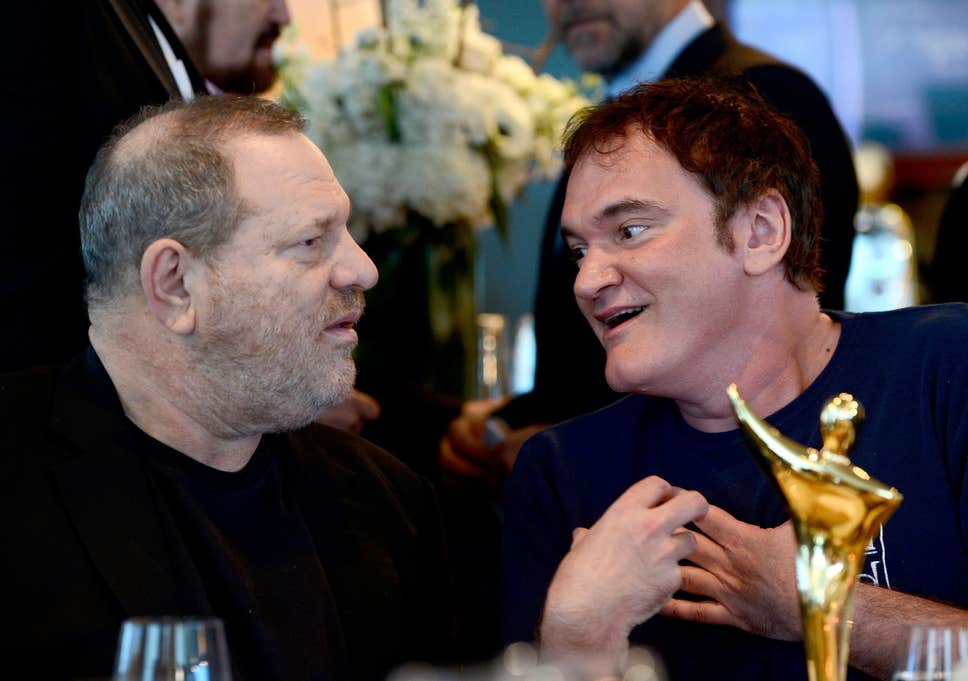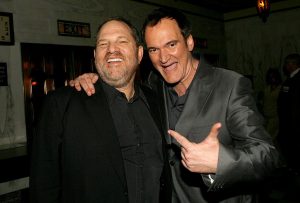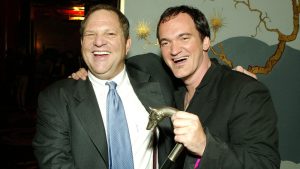
It is strange that Tarantino’s films are the ones turned into Hollywood events, because if you look at Richard Linklater’s impressive artistic development from “Slacker” onward, for the sake of parallel careers and seeing the growth of an artist in the public eye, both filmmakers give us a lot to talk about, but Tarantino’s drivel tends to be pretty forgettable, ultimately, where Linklater’s dialogue is very evocative and resonant decades later. To be fair, one of the other celebrated directors of that era was also “El Mariachi”‘s director Robert Rodriguez, a close friend of Tarantino’s, and he developed even less than Tarantino, as an artist, Rodriguez’s films normally even more exclusively devoted to blood-spilling and destruction. But the blossoming of directors like Paul Thomas Anderson, Linklater, Soderbergh, and Jim Jarmusch (and a few others) is one of the details of how Tarantino being spoiled and doted on far too much by master-rapist Harvey Weinstein arrested Tarantino‘s development as an artist, kept him from doing more and better rewrites on his screenplays, screenplays that tended to sound too much alike, and the lack of rewriting is why Tarantino’s films often have long aimless lulls in the middle. You could say that Tarantino’s films are kind of how James Cameron films used to be regarded as events, for some reason (mostly because Cameron sucked up all the oxygen, money, and any other available resource for his cinematic turkeys), but culturally, as with Tarantino, James Cameron films have become sort of insignificant and disposable, no real value other than eye candy and vicarious adrenalized releases for two or more hours.
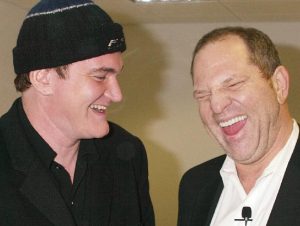
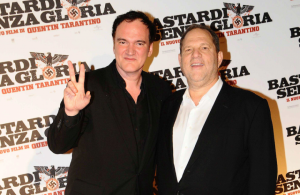
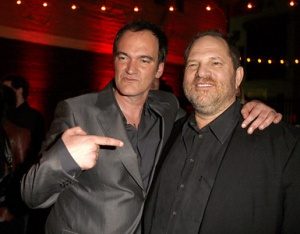


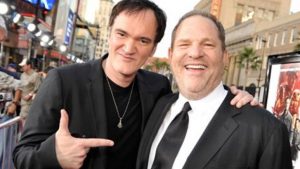
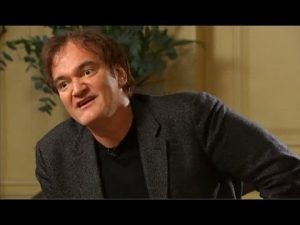

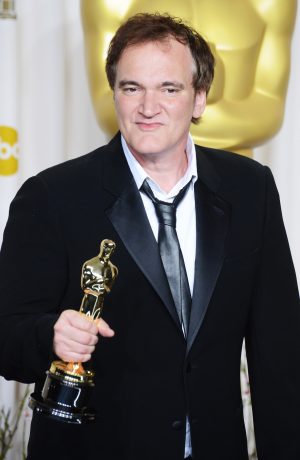
♠️



Morricone received the 2,574th Star on the walk of fame in the category of Live Performance/Theater. (Photo credit : FREDERIC J. BROWN/AFP/Getty Images
♠️
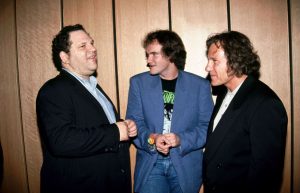

Tarantino and actress Uma Thurman arrive for the awards ceremony at the 67th international film festival, Cannes, southern France
Awards Ceremony Red Carpet, Cannes, France – 24 May 2014.
♠️

Quentin said, “What?? Fuck you, man!”

